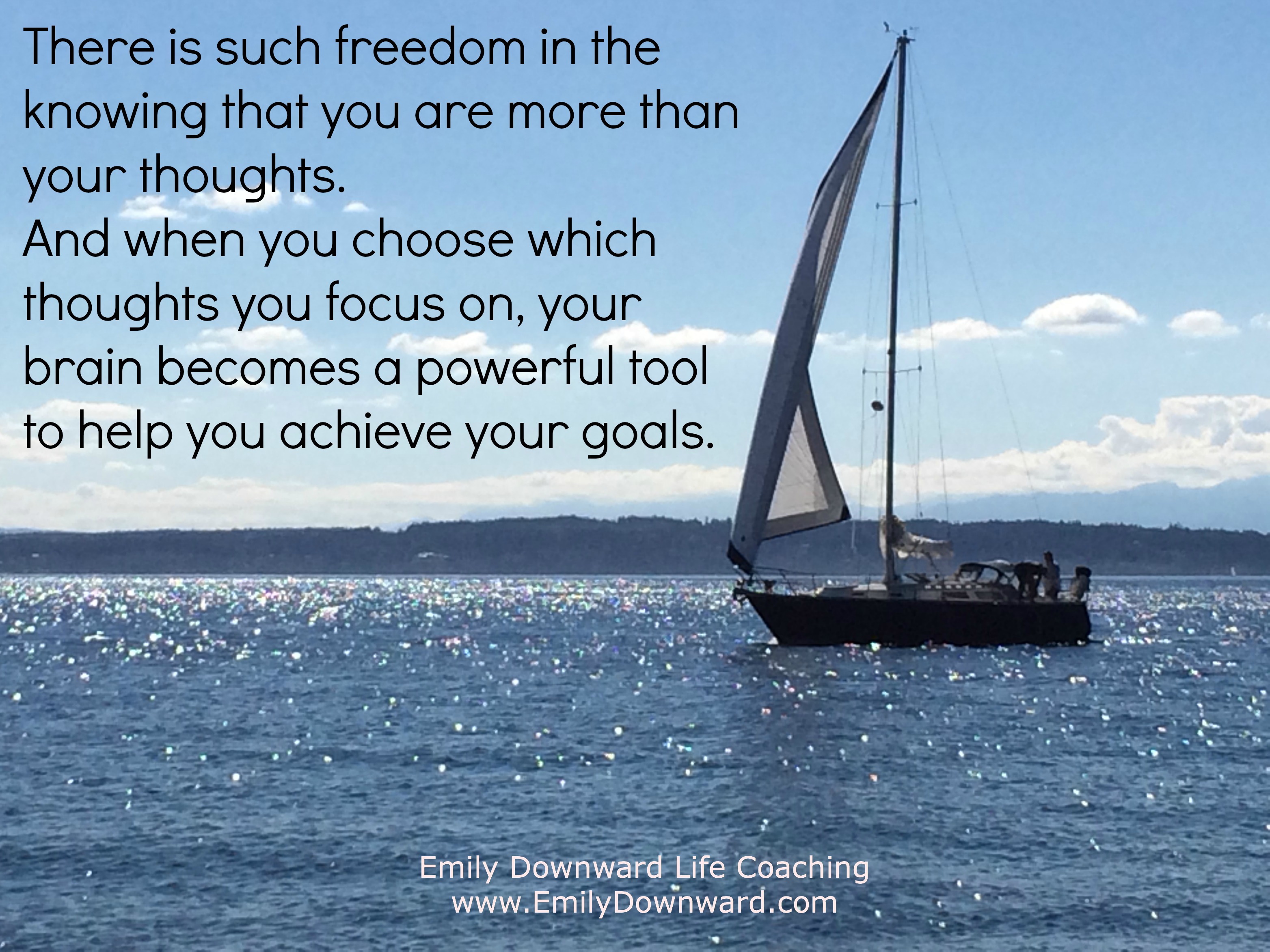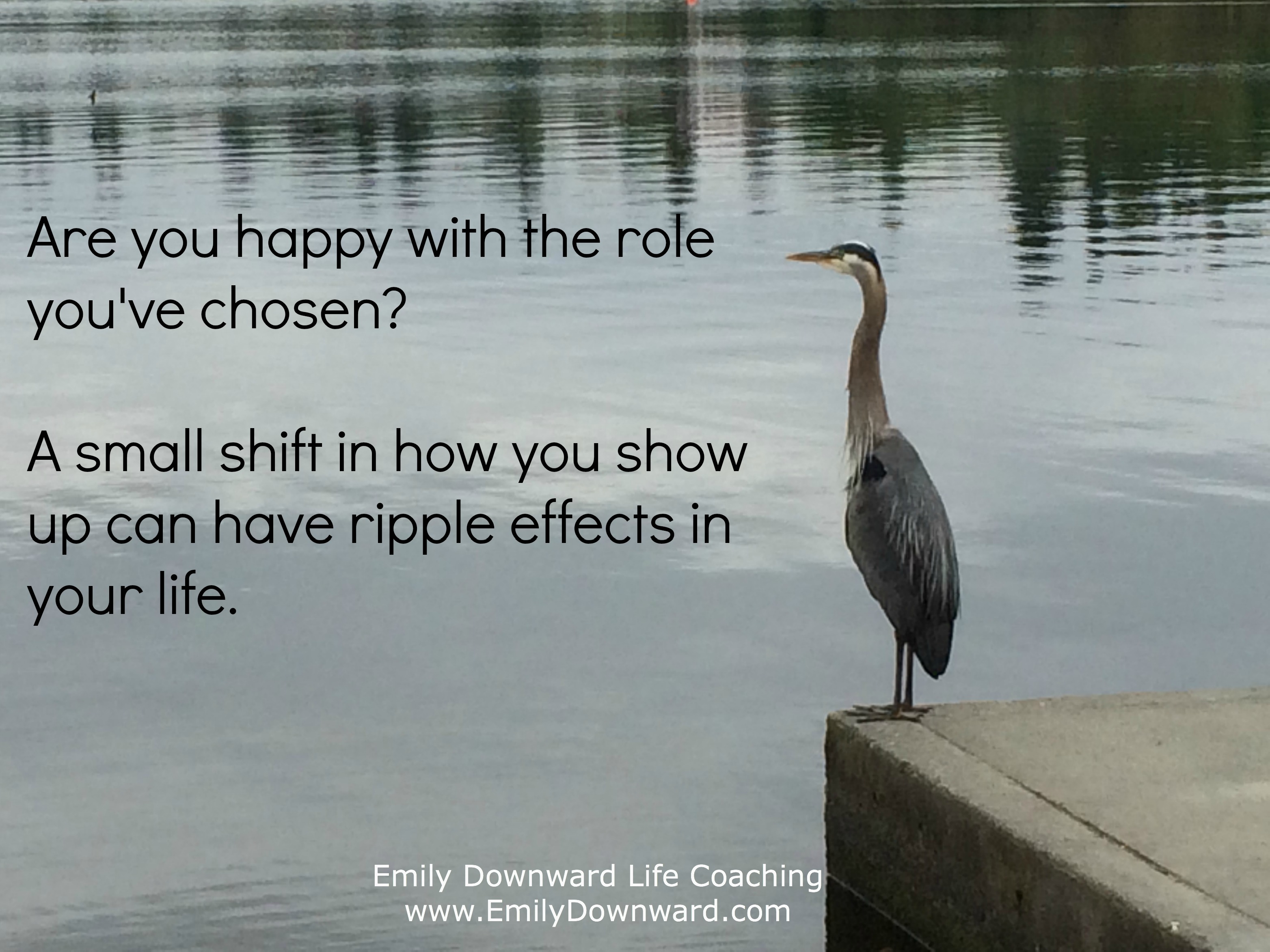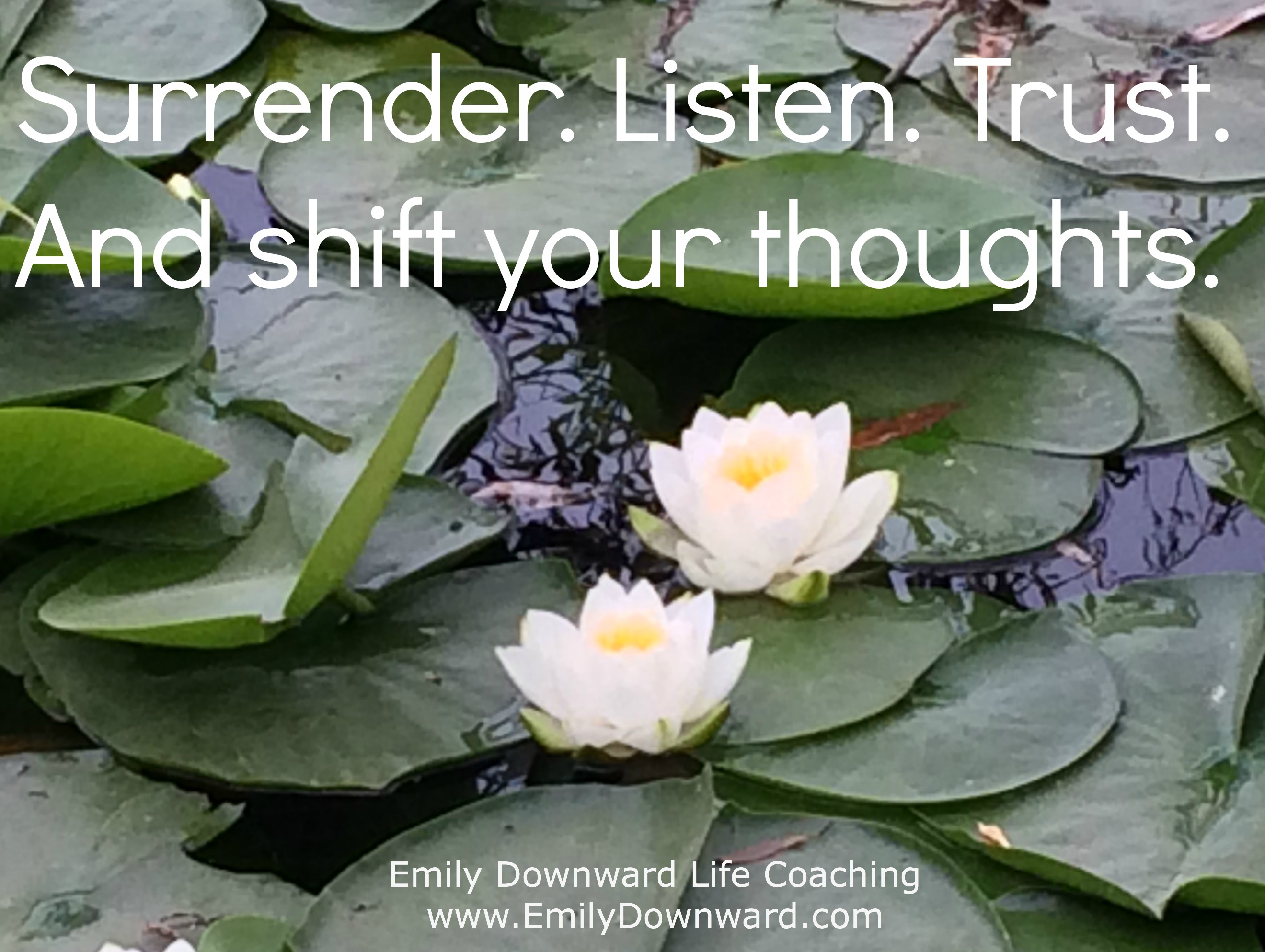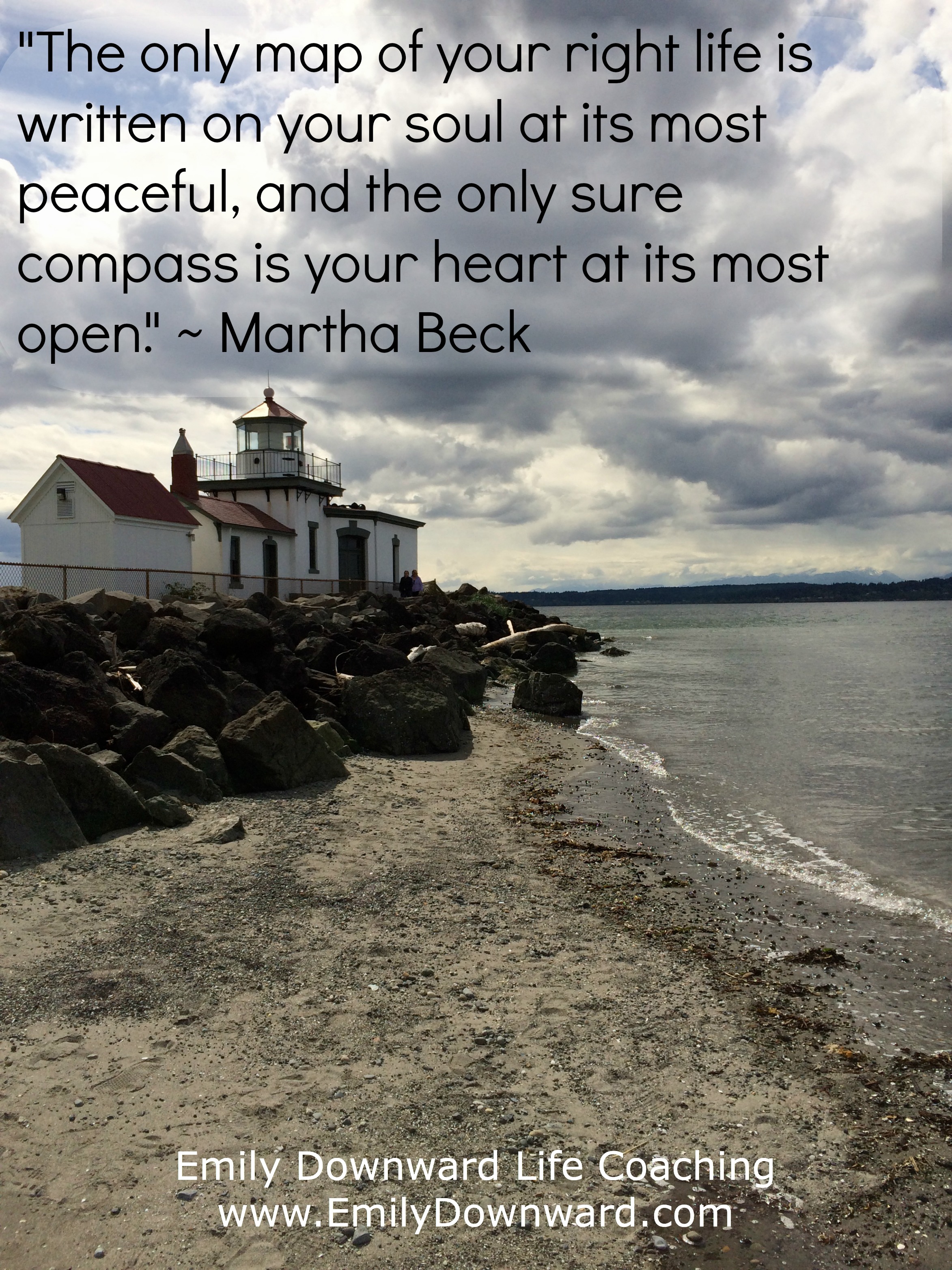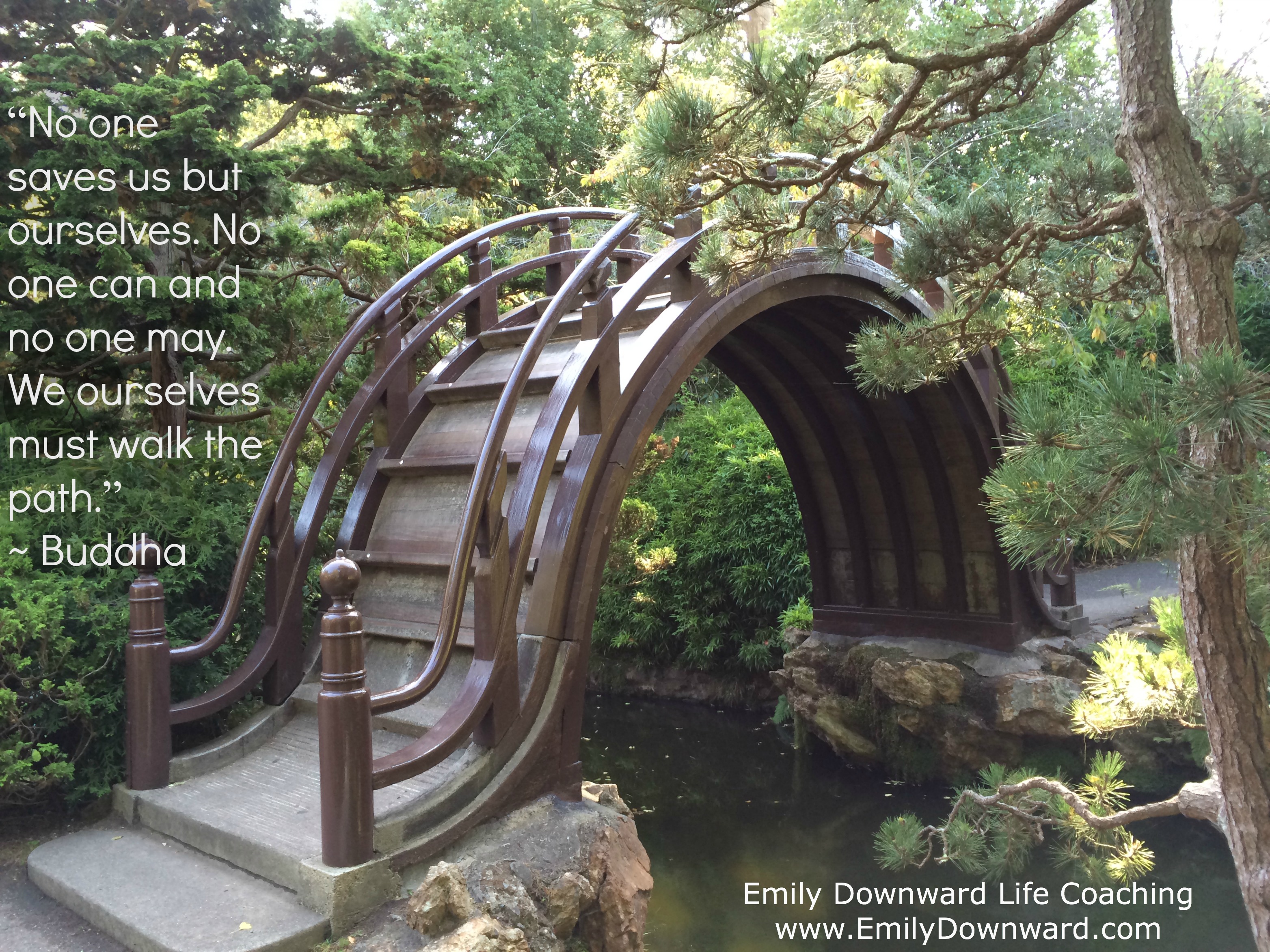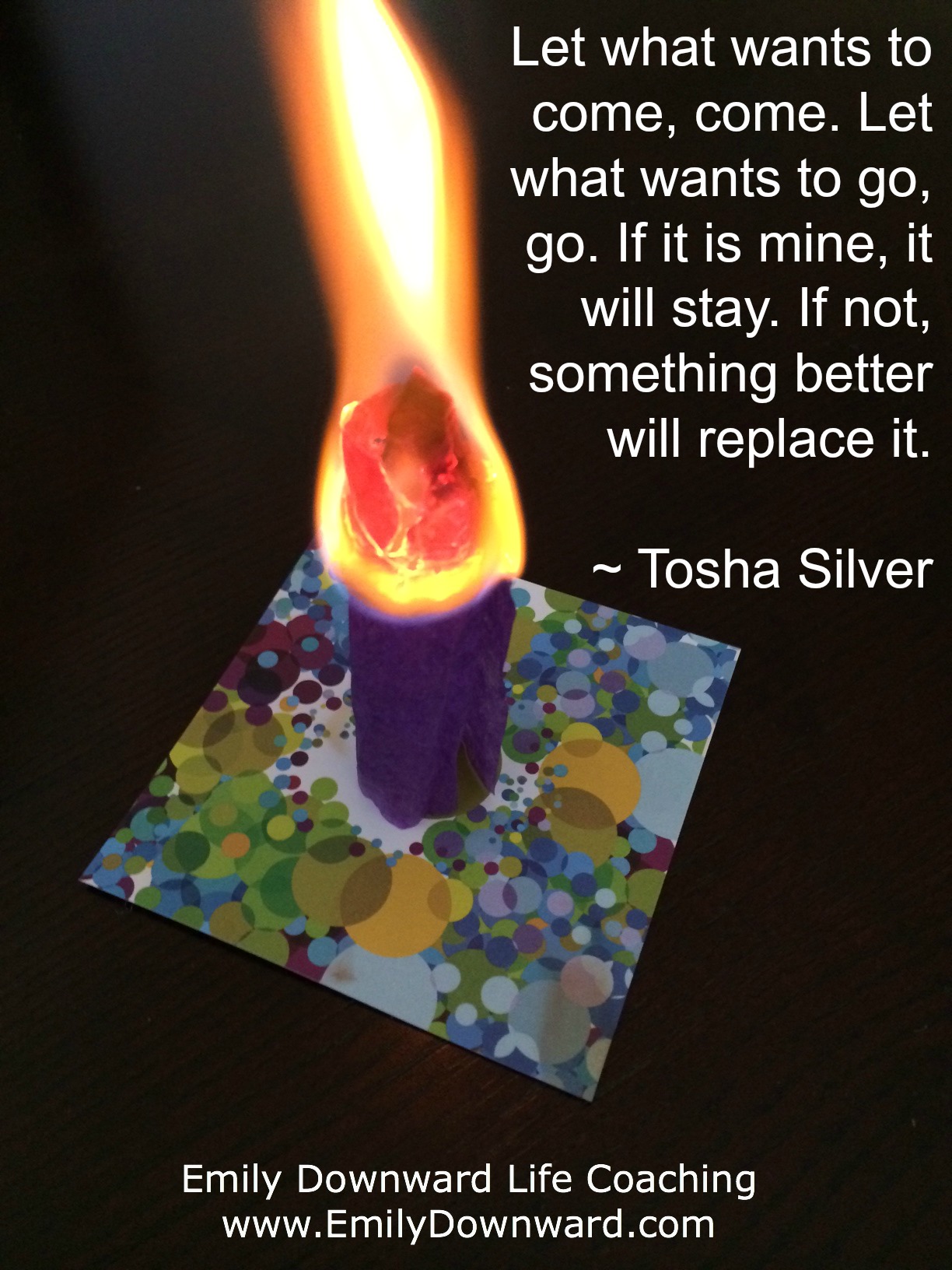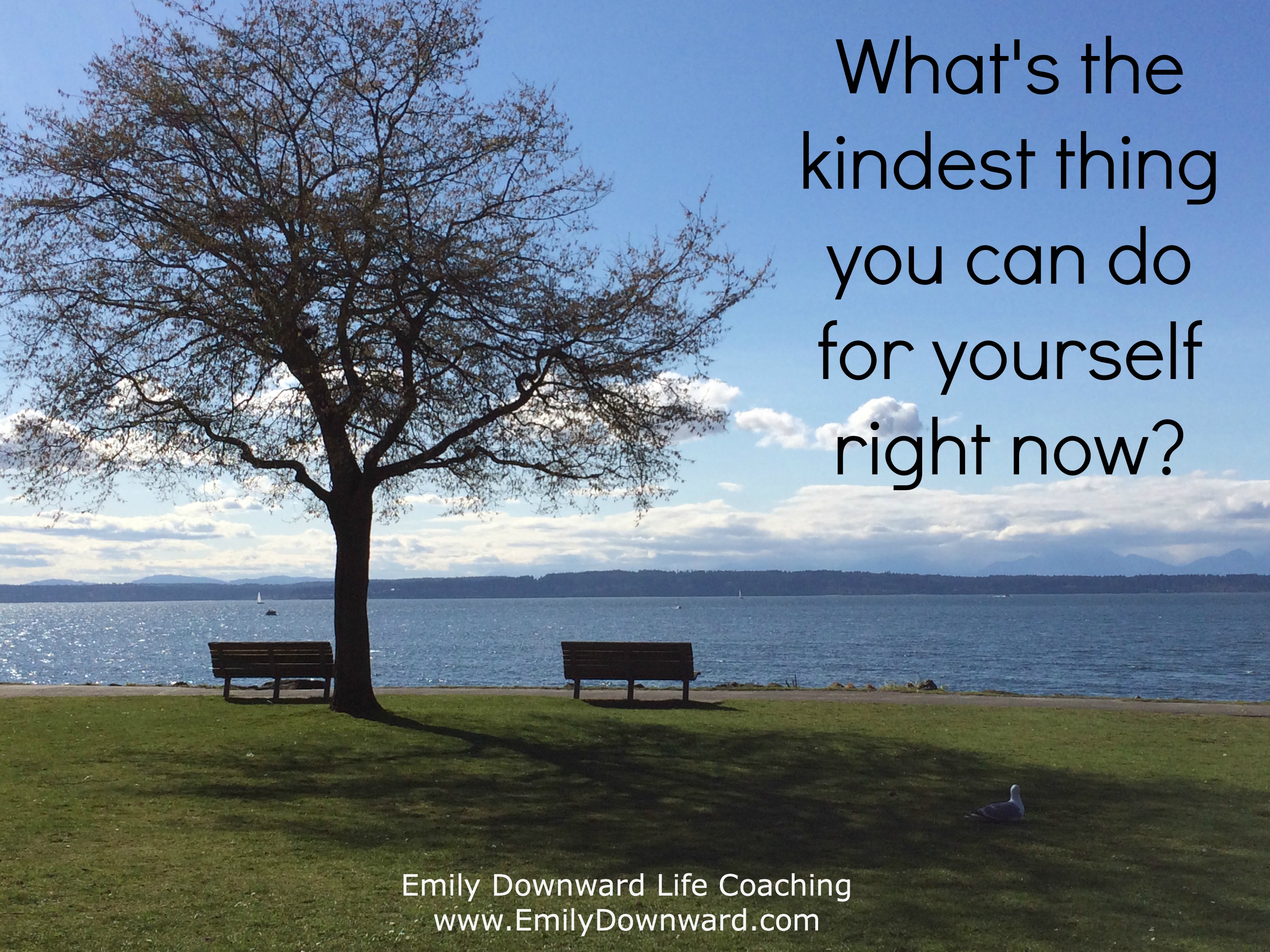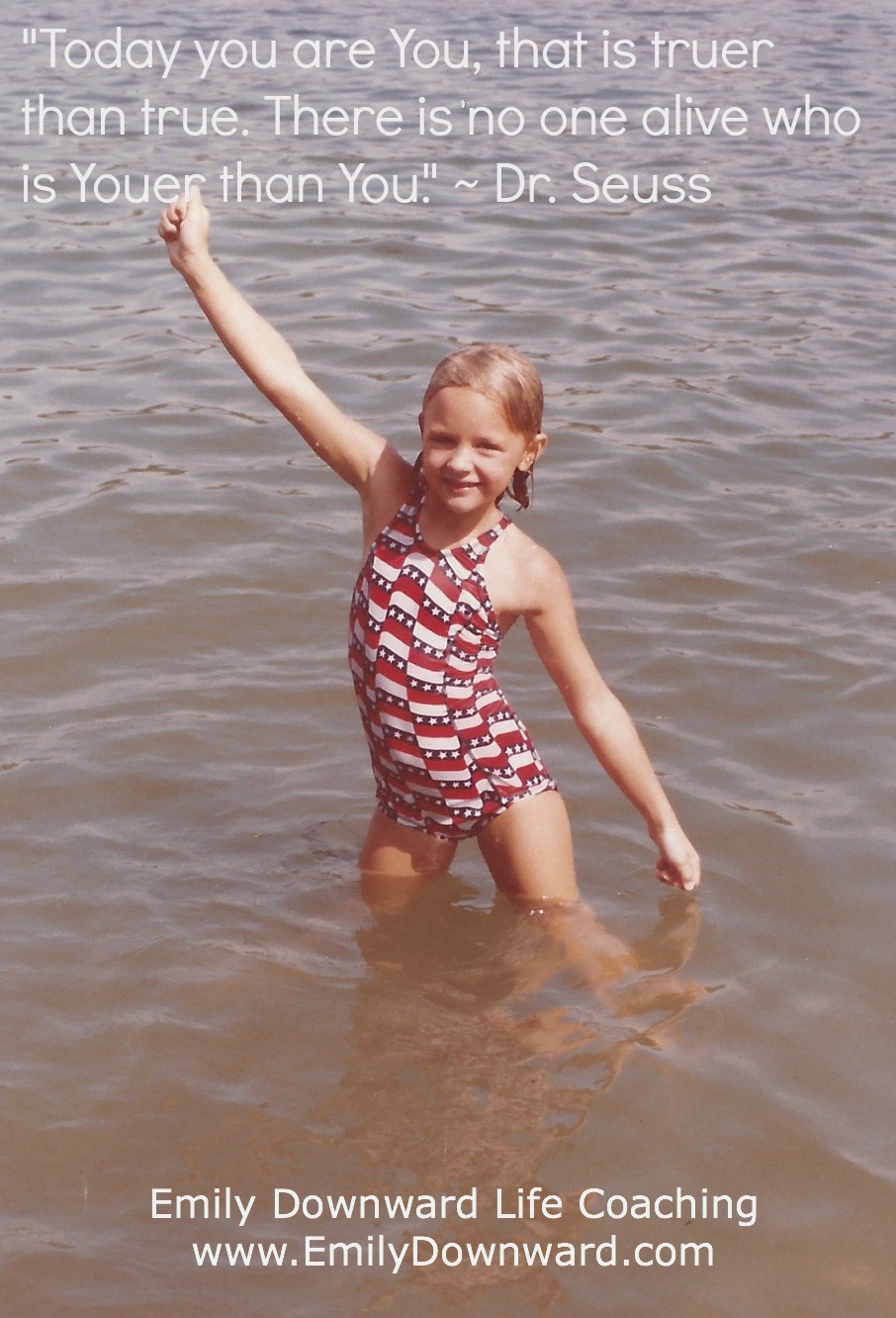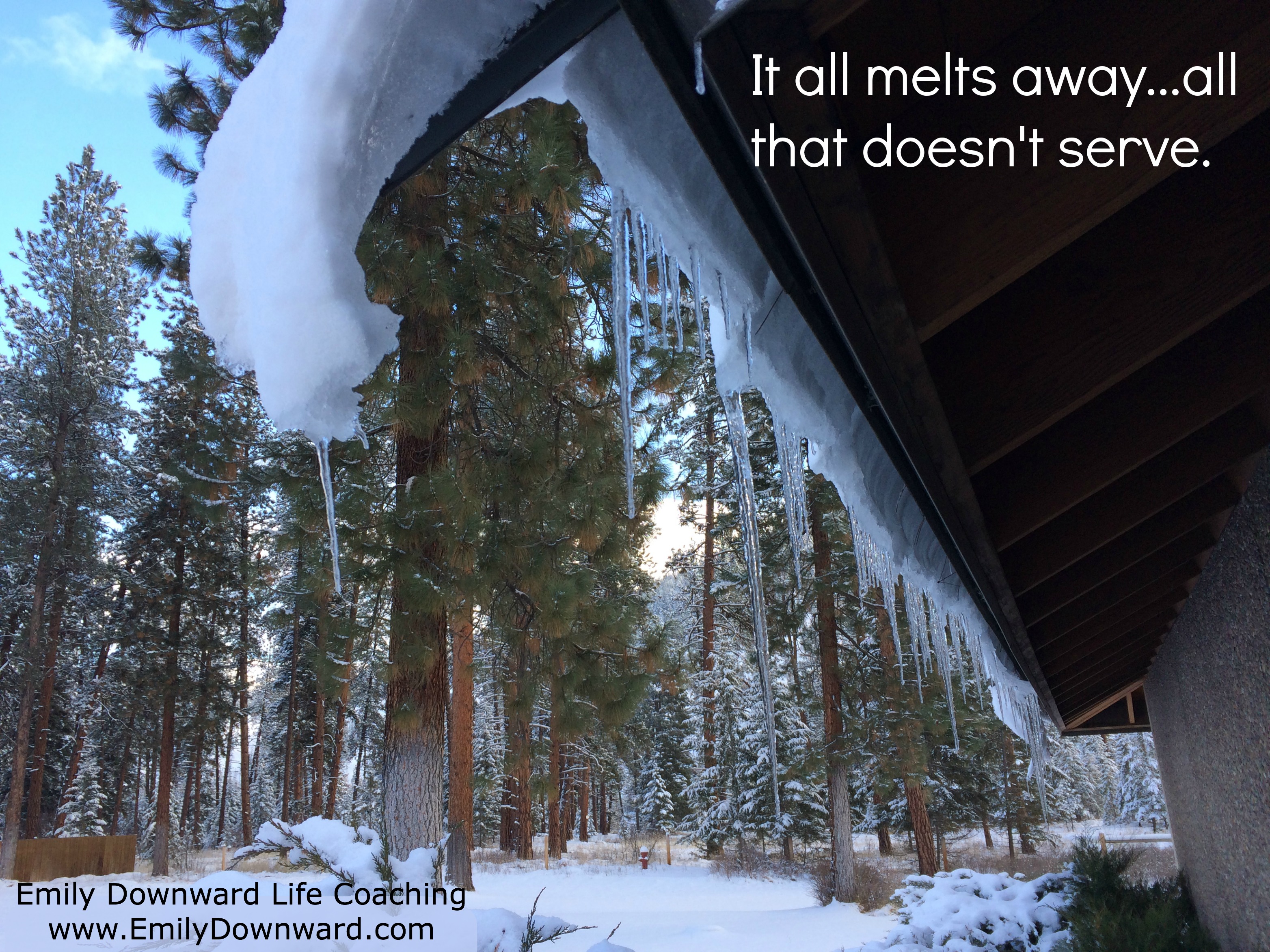I recently finished my masters program and received certification as a Martha Beck Master Life Coach. To me, this is the culmination of a dream, and at the same time, the process and achievement were completely different than what I had imagined.
Many people have asked me what the Master Coach certification means. On paper, it means I have been completed the rigorous training, which included honing and strengthening my coaching skills and finishing several real-world assignments, such as public speaking, product development, writing assignments, and retreat planning. I submitted several actual coaching calls and received feedback from my instructors and colleagues, as well as reviewing others’ calls to provide feedback. I gained more confidence in my abilities and skills as a coach, and I became more certain in my purpose and next steps for my practice. We coached each other regularly, and the more willing I was to dive deep into my personal issues and challenges, the more I got out of it. But it wasn’t easy.
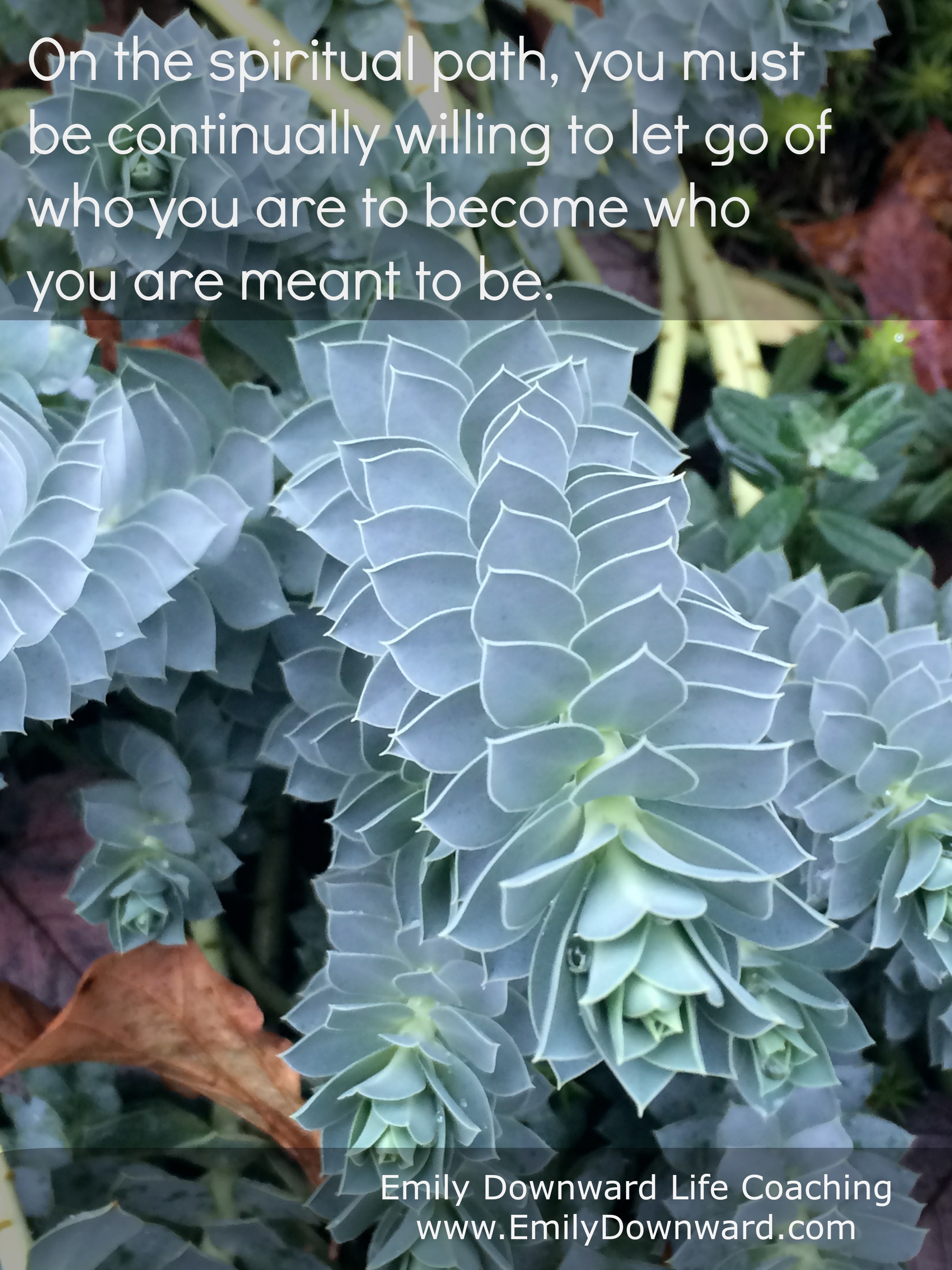 I recently heard “those on the spiritual path must be continually willing to let go,” and I believe this is true. It’s not letting go of material things or relationships, although that sometimes happens in the process. It’s more about letting go of the way you thought things were, letting go of the way YOU are, in order to become who you are meant to be.
I recently heard “those on the spiritual path must be continually willing to let go,” and I believe this is true. It’s not letting go of material things or relationships, although that sometimes happens in the process. It’s more about letting go of the way you thought things were, letting go of the way YOU are, in order to become who you are meant to be.
For me, the tension reached its peak mid-way through the training. Through a series of events, I became so frustrated and fed-up that I nearly quit the program. I did a lot of self-coaching and got coached by some dear friends, and I realized that the certification truly didn’t matter to me anymore – because I already felt like a Master. I knew at a deep level that I was at the master level, and whether someone else could see that or not truly didn’t make a difference. In fact, I realized that just like in some of my past intimate relationships, if the other person didn’t see my value and respect me, why would I want to stay in that kind of relationship? At the time, I could only see two options: leave the program, or pretend to be something I’m not and stay (and my tolerance for being something I’m not has dwindled to dust). However, I know that this binary way of thinking is evidence that I’m missing something, so I reached out and asked if anyone could see another option. Working through this with one of my instructors, she suggested rather than the issue itself, the whole process I was in the midst of could be about breaking my patterns of behavior. It was a strange revelatory experience. Could that be it? I agreed to stay, for the moment, and see how things played out. But in my mind, I had one foot out the door and was ready to jump if that felt better to me.
While I was in this I-can-stay-or-I-can-go mode and having the inner acknowledgement of being a master, something shifted. I no longer got quite as caught up in the stress of the assignments, even the big ones that were challenging. I was able to stay in a state of peace with more frequency, knowing that I already had in myself the feeling of mastery – having already given myself that, I knew that acknowledgement meant more than anything anyone else could say.
I’ve heard before that there’s nothing anyone can give you to make up for what you aren’t willing to give to yourself, but now I’ve learned it on a visceral level.
And while all my issues and self-defeating patterns haven’t been eradicated through this experience, I’m more aware of the patterns my mind plays and having been through this process, I know I can break the ones that don’t serve me. I’m proud of my accomplishments, both of the external assignments I completed and more importantly, of the inner work I’ve done. And I’m more certain and excited than ever to share what I’ve learned with others, through coaching, speaking and writing.
